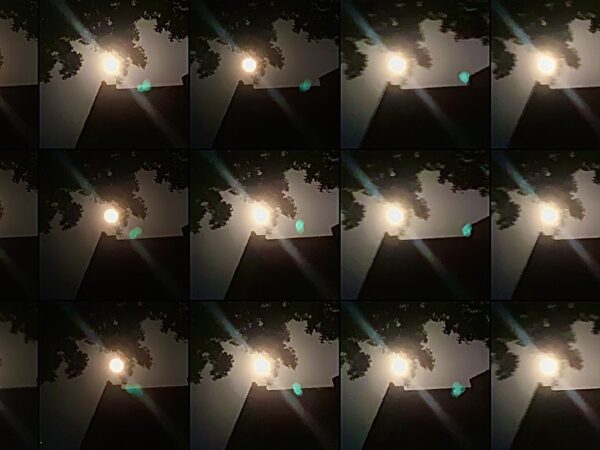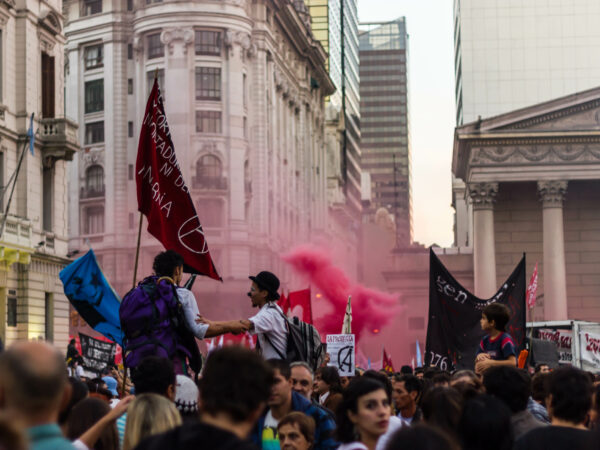
This piece features a multimedia reflection on José Esteban Muñoz’s The Sense of Brown, which emphasizes the text’s radical approach to imagining solidarities and social relations beyond the normative paradigms of identity politics and its permutations. Through both textual poetics and sound design, Wadud and Lázaro Moreno riff off Muñoz’s own performance-based approach to storytelling and meaning-making, engaging Sense as an invitation to reconsider the aesthetic and philosophical terms of community-making, centering the power of counterintuitive methods.

Pentecostals’ political commitments reflect processes of memory and amnesia, assimilation and identity… the stronger the memory of sojourning, migration and exile, the healthier the entrails of compassion for the soujourner’s wellbeing; the greater the distance from the memory of a wandering past, the greater the buy-in to a nationalistic Malthusian ideology that, among other things, paints the sojourner as law-breaking menace to the host society.

Kristeva’s psychoanalytic approach and practice shed light on the unconscious, affective, and bodily formation(s) of religious and political discourses and systems.

Almost a quarter of a century after that night in Pensacola, Trump supporters brought their shofars to a “Jericho March” at Washington D. C. in a manner resembling that decades-old revival meeting. Like the Brownsville attendees who cheered for Gideon’s victory, the Jericho March called to mind a biblical story of Joshua at Jericho, another conquest with the sound of a shofar.

When leading members in the church uncritically participate in class based favoritism, they become complicit in oppression. The message of James is simple and arresting. Judgement awaits those who ignore God’s preferential option for the poor and become participants in prevailing discriminatory logics.

What is theology for? In her new book, Karen Kilby outlines the purpose, as well as the limits of theological reason.





